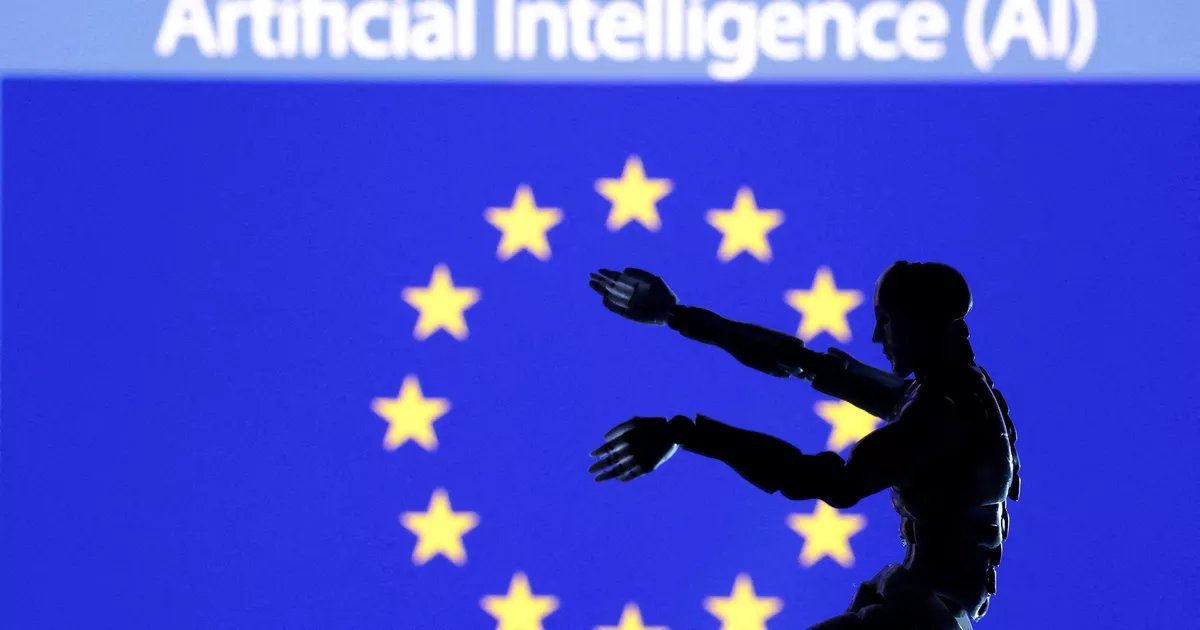France has finally given its approval after being heard on certain “points of attention” following a critical stance on the text, despite the political agreement concluded last December. This power threshold will be updated “regularly” according to technological progress, to remain consistent with what is being done in the United States or China. The AI Act imposes a certain obligation of transparency on the data used to train these models.
“There is still a need to find the right level of information that can be required,” acknowledged at Bercy. The last step for the text is the vote of the European Parliament expected in the spring. European Commissioner Thierry Breton, in charge of the dossier, hailed it as a “historic, a global first”.
“The AI law has stirred passions, rightly so! Today, the States have approved the political agreement from December, recognizing the perfect balance found by the negotiators between innovation and security,” he declared on Friday. This regulation should enable the exploitation of the enormous potential of AI, while taking into account the risks.
In its implementation, we will focus on ease of innovation, legal clarity for businesses, and the need for less bureaucratic structures,” insisted German Minister of Economy Robert Habeck on Friday. The tech world is more circumspect: “Many of these new rules remain vague and could slow down the development and deployment of innovative applications,” lamented Boniface de Champris, a Europe director at CCIA, a sector lobby, on Friday. The legislation “creates significant obligations, despite some adjustments for startups and SMEs,” added Marianne Tordeux Bitker, from the professional association France Digitale, fearing “additional regulatory barriers that will benefit American and Chinese competition.”
This last step for the text is the vote of the European Parliament, expected for the spring.
